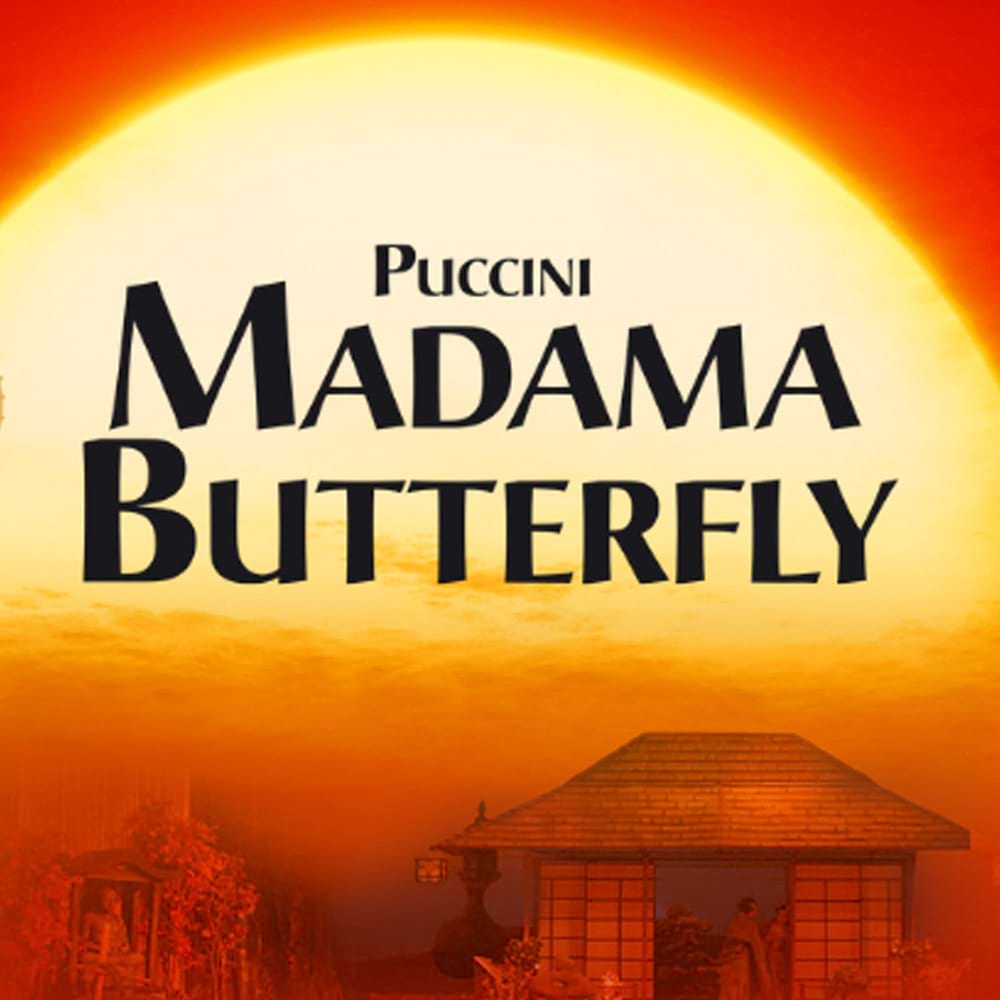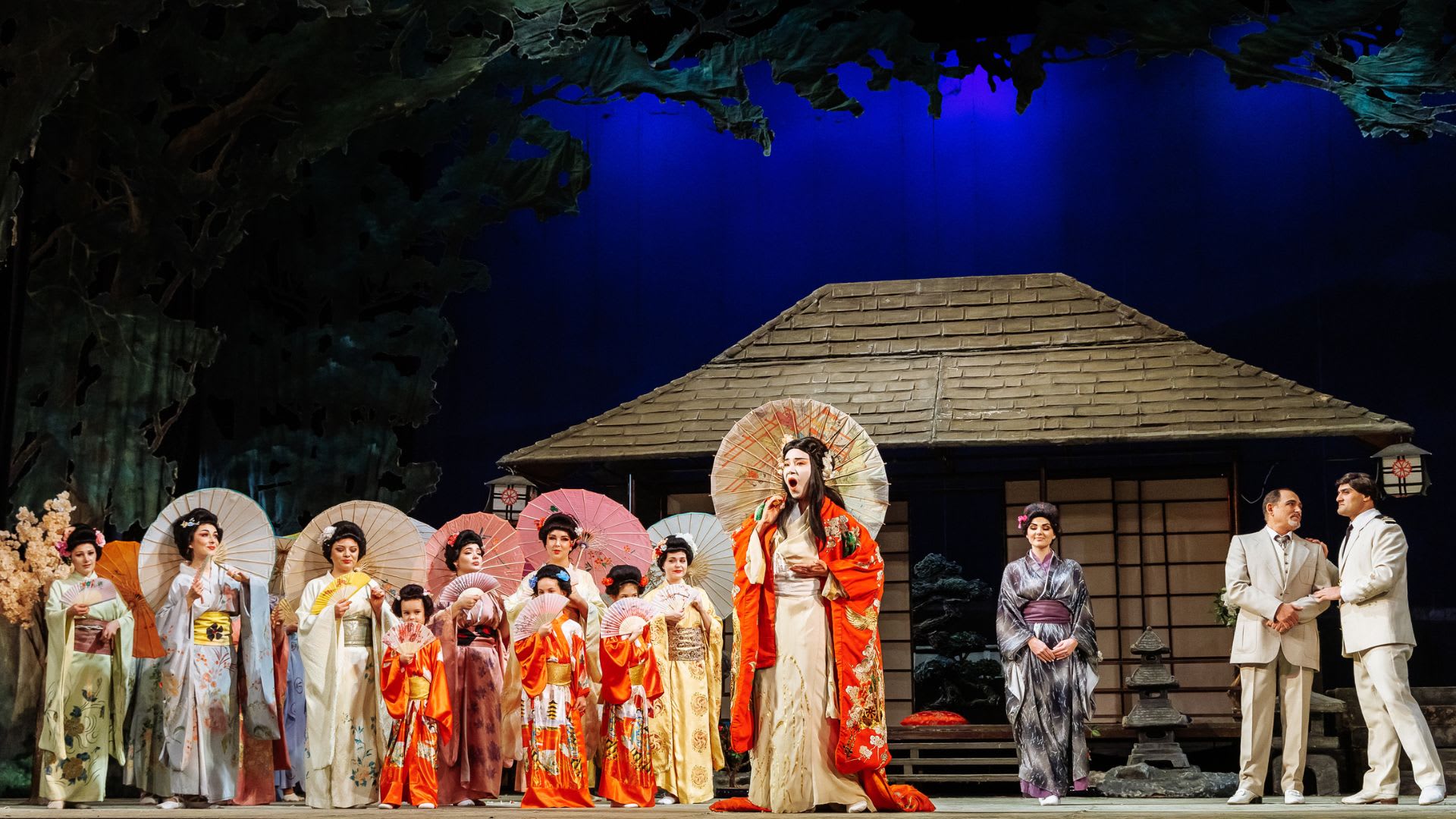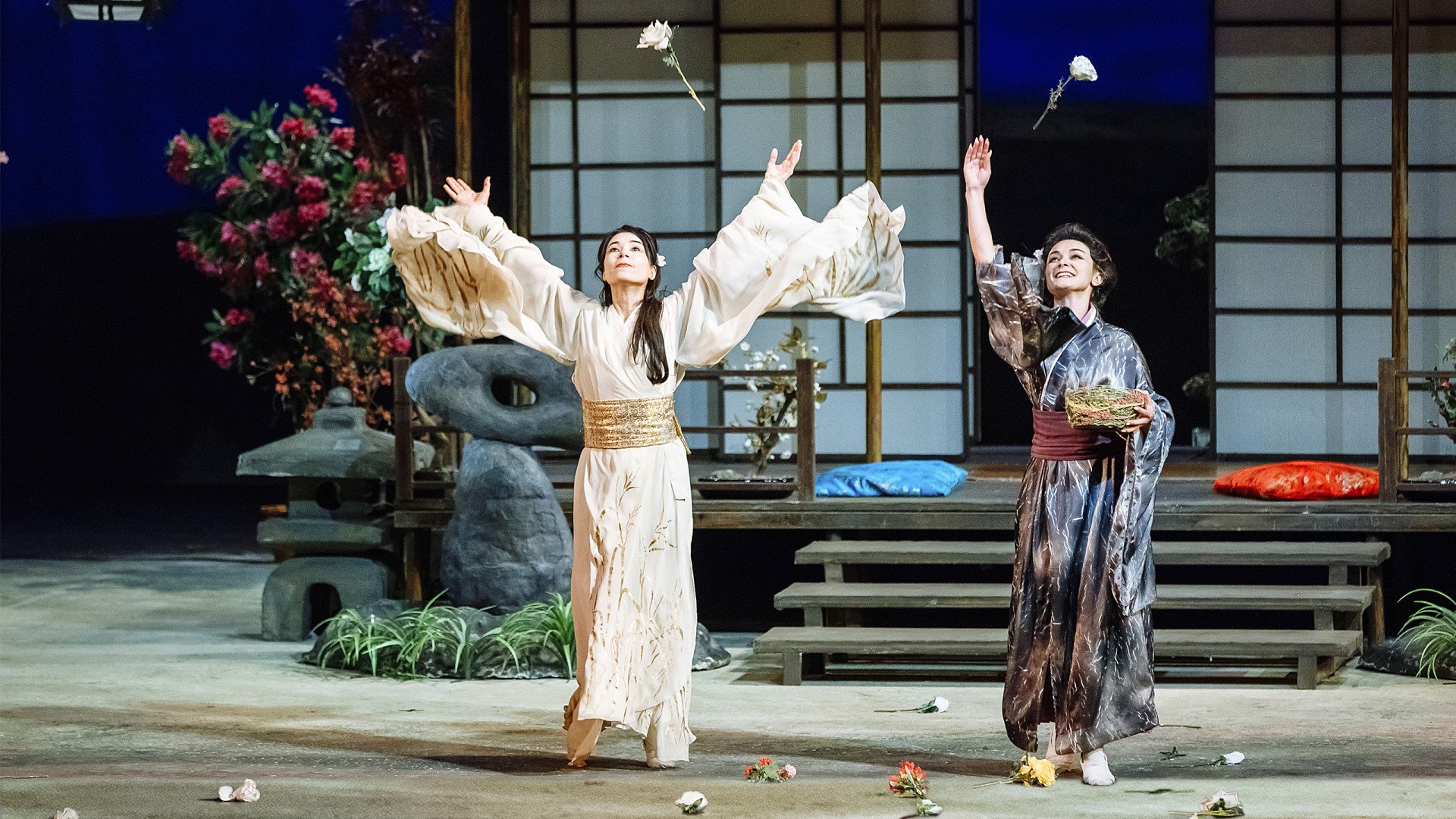Puccini's Madama Butterfly performed by Ellen Kent Opera at New Theatre Oxford.

There is something reassuring and beautiful in experiencing again the classic opera repertoire, even if the productions change. We love the great operas to return just as we love the return of the seasons. They are familiar yet unique each time we relive them because we, the audience, also change. Life changes our perception of the same story, the same lyrics, and the same music.
I have seen Puccini's Madama Butterfly in many countries over the years, and as an opera lover, it has long been my favourite opera because of the emotional connection I make with the aria sung by Butterfly, alias Cio-Cio San, in the second act, “Un bel dì vedremo” (One fine day I will see...)

The story raises various issues, from the age of consent to racial inequalities, from discriminatory prejudices to acceptance of abuse inflicted upon girls and women. Benjamin Franklin Pinkerton, the American naval officer, calls Butterfly, his Japanese bride, "bimba dagli occhi pieni di malia", "a child with eyes full of seduction", and we are told she is only fifteen years old. Poverty has forced her to become a geisha girl.
For some years now, Ellen Kent's opera productions have had a strong political dimension because she is directing the performers of the Ukrainian Opera & Ballet Theatre Kyiv, creating a strong connection with that war-torn country, Ukraine. At the end of each performance, they display their national flag, and we respectfully stand to hear their national anthem. Personally, I always felt rueful that we seem to show greater sensitivity to one nation in particular - white Christians, as it happens - while we seem not to mind all other atrocities that are committed against people of Middle Eastern, African and Asian countries.
Butterfly's son is taken by Pinkerton to be adopted by him and his new wife. But will this little boy with mixed ethnicity for whom his mother sacrifices everything be socially accepted in the USA despite his flag-waving upbringing?
I was put in mind of "Bring Him Home", Valjean's prayer in Act II of the famous Broadway musical Les Misérables. This ballad's score is by Claude-Michel Schönberg but has a tremendous similarity with Puccini's music in Madama Butterfly (lyrics are by Herbert Kretzmer).
God on high
Hear my prayer
In my need
You have always been there
You can take
You can give
Let him be
Let him live
If I die, let me die
Let him live
Bring him home
Bring him home
Bring him home
Cio-Cio San sings about the "American God" who might hear her pleas, unlike their "fat and slow" Japanese Gods who do not hear her prayers. Valjean's prayer could apply to the probable fate this little boy of Madama Butterfly would face growing up in a country that historically has a very bad track record, when it comes to racial equality.

The audience usually keeps its thoughts to itself during any opera performance. This production of Madama Butterfly was an exception. The audience made their thoughts clear by standing up at the end, and booing the curtain call of the singer of Lieutenant Pinkerton. This was not merely on account of the selfish and cruel American character portrayed; it was because of the current economic and political storm created by the US president, Donald Trump. Who knows what kind of mayhem will follow Trump's economic tariffs, imposed on almost every nation on the planet and literally upon billions of people?
So, at least for this reviewer, this particular performance of Madama Butterfly will always have a special place, not only because of an appreciation of hauntingly beautiful music, or seeing antique kimonos and brilliantly designed sets; but because of the memorable response of the audience taking a political stand.
The tour of the company continues - see the website.
Sibel Taylor.
https://www.oxford-theatre.com/shows/new-theatre-oxford/ellen-kents-madama-butterfly
https://www.atgtickets.com/shows/ellen-kent-madama-butterfly/
https://www.ellenkent.com/shows/